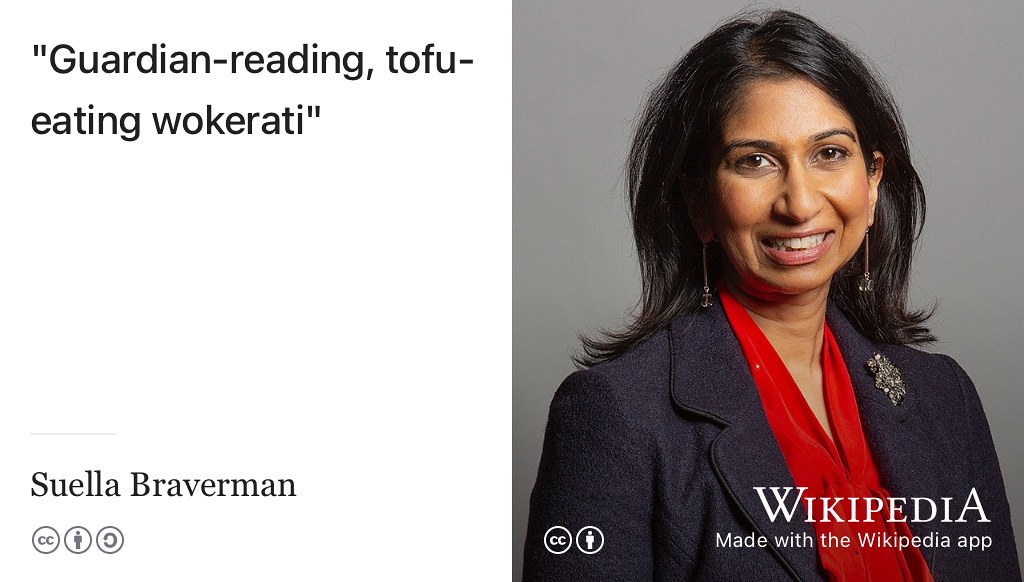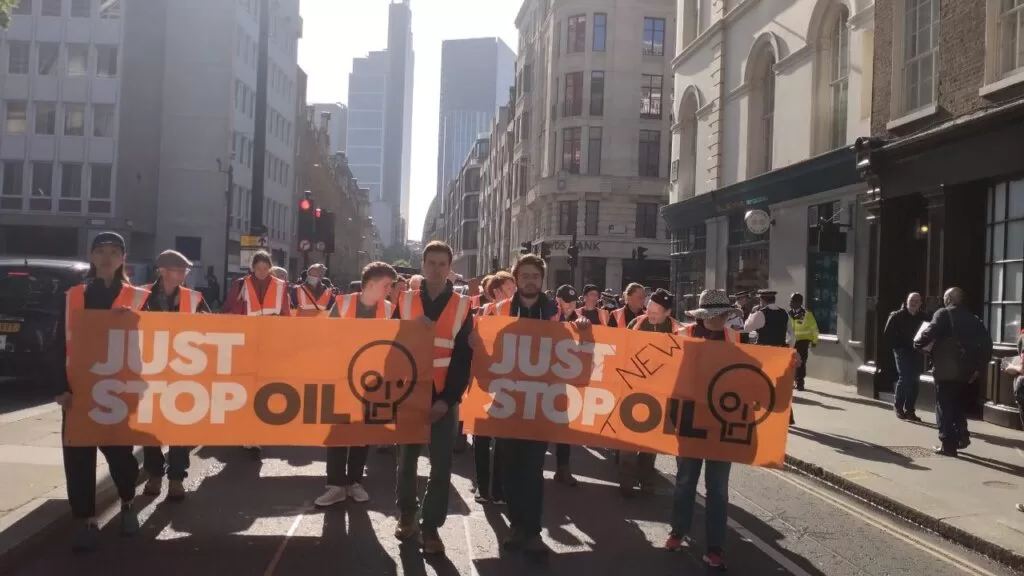Tories announce pro-apartheid bill
Original article republished from the Skwawkbox for non-commercial use.
Anti-boycott law would have forced public bodies to do business with racist South Africa in the 1980s – and will force them to do business with apartheid, racist Israel now

The government has published its ‘anti-boycott bill’, which aims to prevent public bodies from choosing not to use products or services from countries with appalling human rights records – and in particular, to neuter the pro-Palestinian ‘Boycott, Divestment and Sanctions’ (BDS) campaign against the use of products, services and companies involved in illegal Israeli expansion onto Palestinian territory.
BDS has long been targeted by official and ‘cut-out’ organisations of the Israeli government, which has rightly been condemned by human rights organisations such as Amnesty International and, in Israel, B’Tselem, for its apartheid policies that the latest hard-right regime is entrenching even further – and the apartheid regime is avidly supported by the Tories (and ‘without qualification’ by the so-called ‘opposition leader’ Keir Starmer.
So there is no expectation of any significant parliamentary opposition to the bill and it is left to human and civil rights campaigners and organisations to mount resistance, such as Liberty, which has today published a statement on the anti-democratic bill, co-signed by unions, human rights groups and others, noting that such a policy would have forced public bodies to do business with apartheid South Africa and scuppered the campaign that eventually helped bring down that regime:
As a group of civil society organisations made up of trade unions, charities, NGOs, faith, climate justice, human rights, cultural, campaigning, and solidarity organisations, we advocate for the right of public bodies to decide not to purchase or procure from, or invest in companies involved in human rights abuse, abuse of workers’ rights, destruction of our planet, or any other harmful or illegal acts. We therefore oppose the government’s proposed law to stop public bodies from taking such actions.
The government has indicated that a main intention of any legislation is to ensure that public bodies follow UK foreign policy in their purchasing, procurement, and investment decisions, particularly relating to Israel and Palestine. We are concerned that this would prevent public bodies from deciding not to invest in or procure from companies complicit in the violation of the rights of the Palestinian people. We affirm that it is the right of public bodies to do so, and in fact a responsibility to break ties with companies contributing to abuses of rights and violations of international law in occupied Palestine and anywhere else where such acts occur.
From bus boycotts against racial segregation to divestment from fossil fuel companies to arms embargoes against apartheid, boycott, divestment, and sanctions campaigns have been applied throughout history to put economic, cultural, or political pressure on a regime, institution, or company to force it to change abusive, discriminatory, or illegal policies. If passed, this law will stifle a wide range of campaigns concerned with the arms trade, climate justice, human rights, international law, and international solidarity with oppressed peoples struggling for justice. The proposed law presents a threat to freedom of expression, and the ability of public bodies and democratic institutions to spend, invest and trade ethically in line with international law and human rights.
We call on the UK government to immediately halt this bill, on opposition parties to oppose it and on civil society to mobilise in support of the right to boycott in the cause of justice.
Former Labour leader Jeremy Corbyn has also spoken out to underline the importance of BDS in opposing apartheid and pledge his support in fighting the latest anti-democracy bill:
The evening has also seen the Glastonbury festival cancel its planned showing of the excellent film exposing the sabotage of Corbyn’s Labour and the smear campaign against him – many are presuming that his principled stand and the cowardly Glastonbury decision are not unconnected.
Original article republished from the Skwawkbox for non-commercial use.


